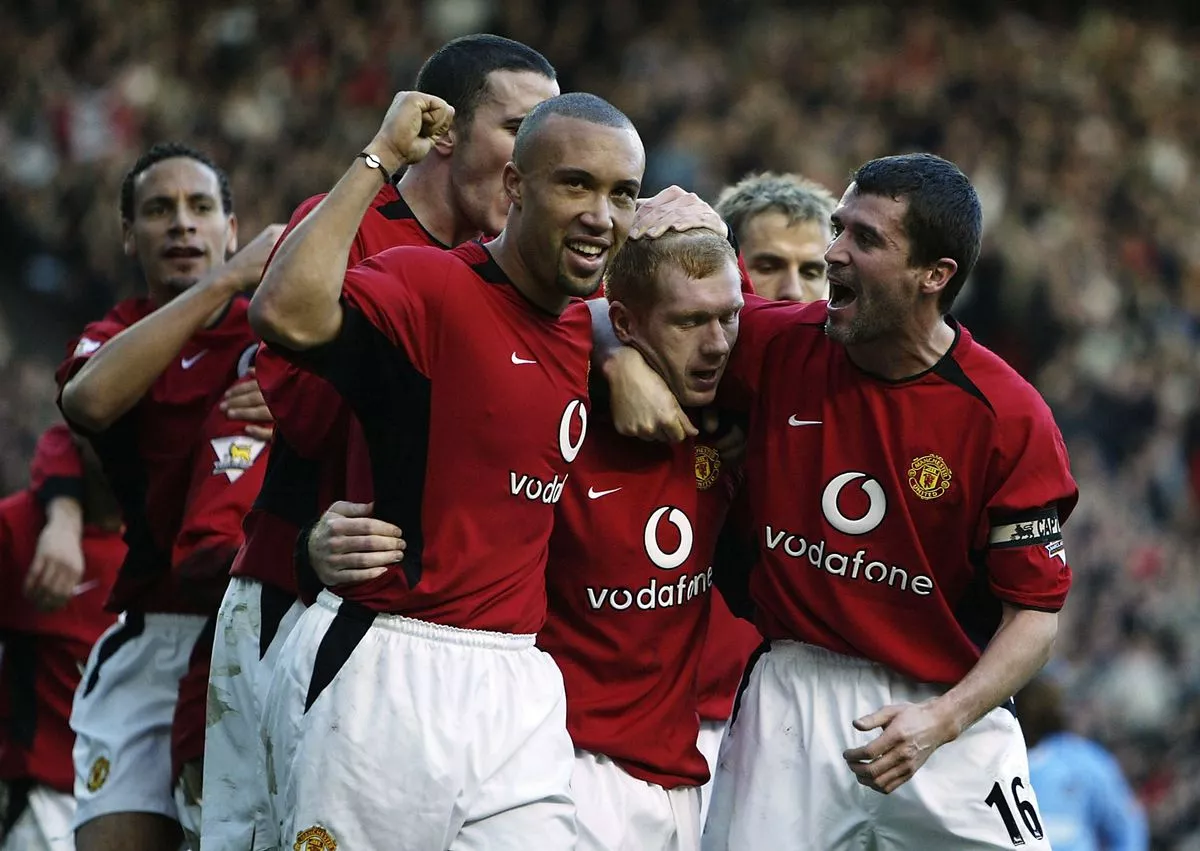Roy Keane might return to Manchester United to help coach Ruben Amorim solve a pressing issue.
The club legend recently criticized captain Bruno Fernandes, and former team-mate Mikael Silvestre believes Keane’s experience could bridge the gap at Old Trafford.
Manchester United now prepares for a Europa League clash with Real Sociedad in the round of 16. United’s season hinges on this competition after their FA Cup exit to Fulham. The side currently sits 14th in the Premier League, with European qualification out of reach.
Since Sir Alex Ferguson’s era, United have lifted trophies but never reached the legendary heights of the past. Icons like Gary Neville, Wayne Rooney, and even Keane remind fans of those glory days, and their legacy fuels today’s debates.
Amorim recently defended Bruno Fernandes after Keane questioned the midfielder’s leadership. The coach stressed that Fernandes plays with passion in a challenging environment and always shoulders responsibility. Amorim’s support contrasts sharply with Keane’s harsh critiques.
Advertisement
Latest Press Conference
We’re on Social Media



Mikael Silvestre argues that Keane should work directly with the squad instead of commenting from the outside. He believes Keane’s hands-on approach would restore unity and instill a fighting spirit within the team. Silvestre, a stalwart who won eight major trophies in a nine-year stint at Old Trafford, values direct accountability.
Silvestre also pointed to how players react to setbacks. He recalled seeing Joshua Zirkzee publicly apologize after missing a penalty against Fulham. In his view, even legends like Paul Scholes handled errors differently during the 2005 FA Cup final loss to Arsenal.
He claims today’s players struggle to handle criticism and lack the thick skin of past generations. An internal figure like Keane could protect the squad and nurture resilience without undermining morale. This hands-on leadership might just be the remedy United need.
Amorim remains firm in his views and defends Fernandes as a key asset. He dismisses Keane’s old-school standards and emphasizes that a leader must channel frustration into winning. Amorim’s stance—and his belief in the team’s potential—outweighs any external critique.
